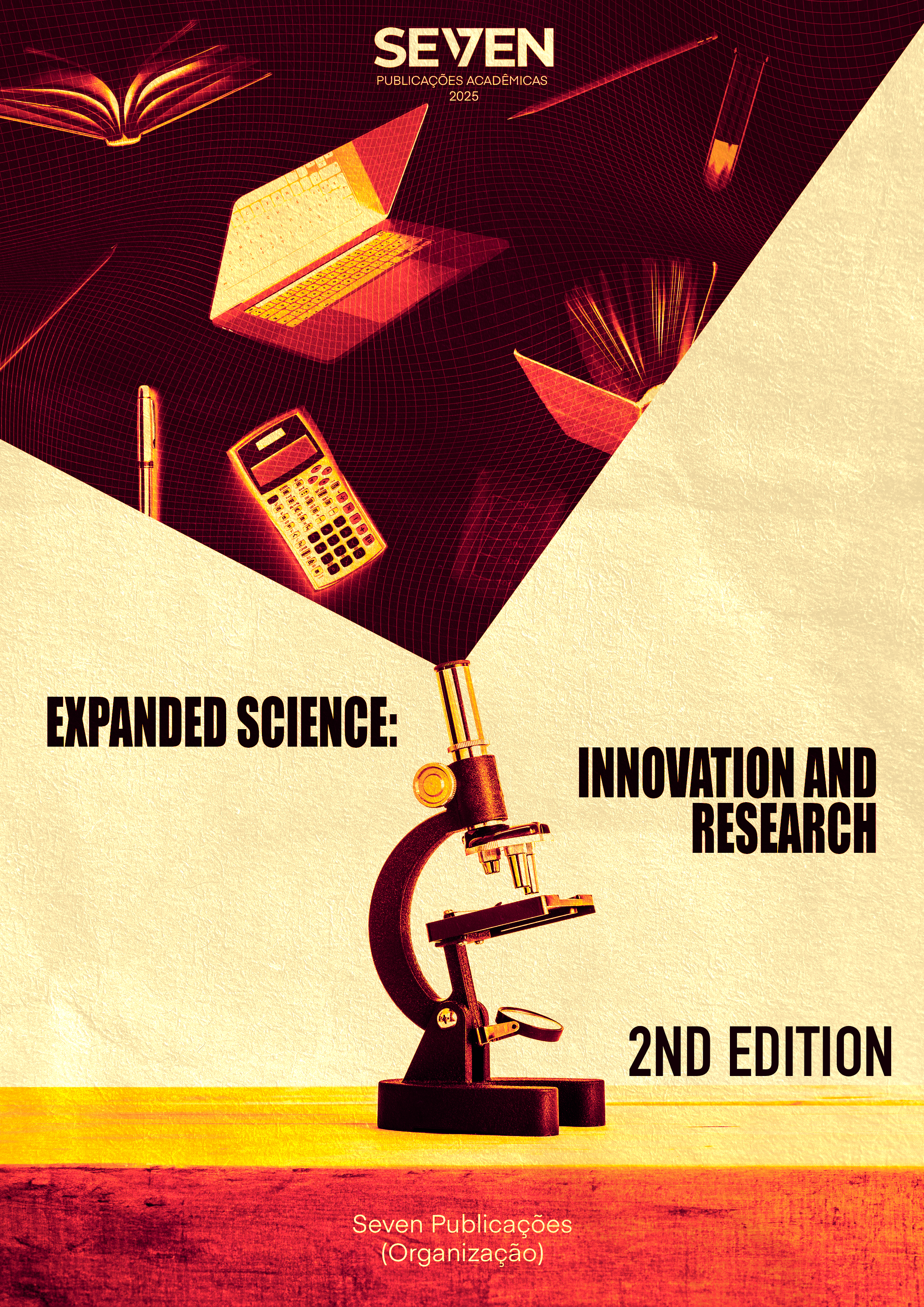BATUQUES À MINA: TERREIRO EDUCATION AND MUSICAL TRANSMISSION PROCESSES
Keywords:
Afro-Brazilian Music, Tambor de Mina, Transmission Processes, Afrocentric Music EducationAbstract
This article presents a study on the origins and processes of musical transmission in a Mina Jeje Nagô terreiro in Belém do Pará. Mina is a typically Afro-Amazonian religion that is most widespread in the state of Pará. In this context, music is an inseparable element, performing a communicative function, present in its rituals, as well as being closely related to extramusical elements, such as dance and the mythology of the orixás, the African and Afro-Brazilian deities. Aiming to go beyond everyday content, research the musical activities of the Mina terreiros to encourage reflection on traditional and contemporary educational practices. Understanding the religious universe of Tambor de Mina was considered appropriate to review the concepts of culture and education and assist in understanding this system that involves music. Therefore, based on bibliographic and field research, where dialogue was established with musicians from the terreiros, a bibliographic review was conducted with theoretical support from authors in the fields of education, music education, and ethnomusicology, as well as specific works on culture and music in the terreiro, in addition to interviews with the Yalorixá and the lead drummer of Kuênãbossizô – Casa do vento no caminho do fogo (House of the Wind on the Path of Fire) located in the Pedro Teixeira complex. These are some of the authors. Therefore, through a global view of the cultural environment of Tambor de Mina, we aim to bring it and its contributions to Afrocentric music education.
Downloads
Published
Issue
Section
License
Copyright (c) 2025 Laurenir Santos Peniche, José Valdinei Albuquerque Miranda

This work is licensed under a Creative Commons Attribution-NonCommercial 4.0 International License.





